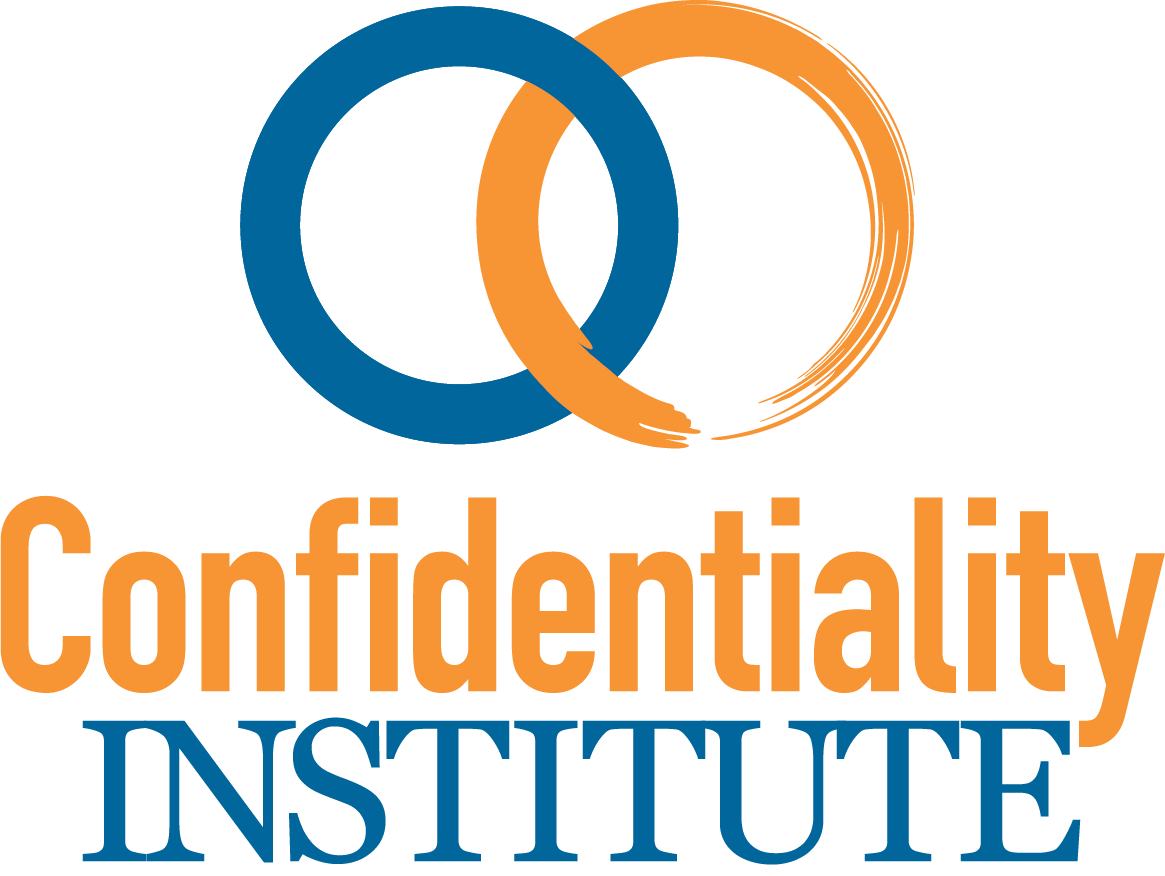The Basics
Privacy is an individual choice.
Privacy means making choices with your own information so you have control over your reputation and your engagement with the world.
Privacy is not about keeping secrets. It is choosing who knows what, how much & when.
Confidentiality is a promise.
Confidential professionals promise to respect the privacy choices of individuals they serve so folks can get help, take risks, and avoid losing control of their lives.
Confidentiality is not about keeping other people secrets. It is respecting other people’s choices about who knows what, how much and when.
Privilege is a community norm.
Communities make law that protects the privacy choices of individuals working with confidential professionals so neither can be forced to disclose what they shared with each other.
Privilege is not about letting people keep secrets. It is building communities where everyone feels safe to get help without fear that getting help will cause harm.
What are the laws in your state?
The majority of U.S. states & territories protect confidentiality and privilege for communications between survivors and domestic/sexual violence advocates. Confidentiality Institute has compiled a chart of the statutes for those trying to understand the law in their jurisdiction. Pay attention to the “last updated” date as laws may have changed in the interim. This chart is not a substitute for independent research or the advice of a licensed attorney in your area – it’s a starting point for research & understanding. Contact us if you have more questions.
Summary of U.S. State Laws
Related to Advocate Confidentiality
Which federal laws apply?
Violence Against Women Act universal grant conditions regarding confidentiality
Family Violence Prevention Services Act grantee conditions regarding confidentiality
Victims of Crime Act (VOCA) regulations on confidentiality relating to grantees

